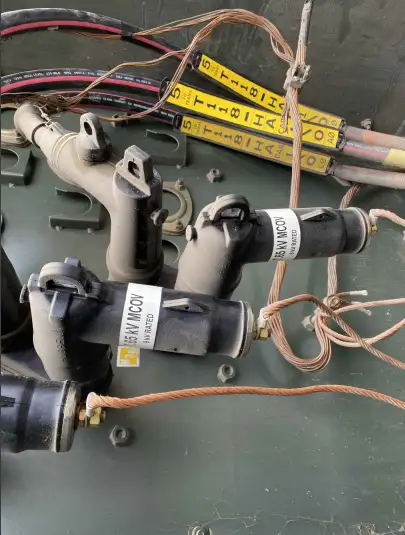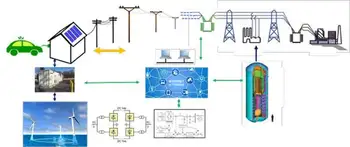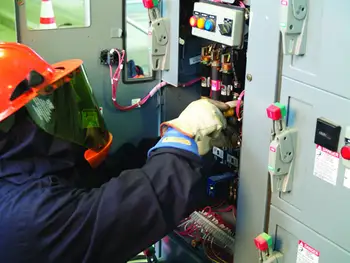The Electricity Forum

BC Hydro Rates to Rise by 3.75% Over Two Years
Test Your Knowledge About Smart Grid!
Think you know Smart Grid? Take our quick, interactive quiz and test your knowledge in minutes.
- Instantly see your results and score
- Identify strengths and areas for improvement
- Challenge yourself on real-world electrical topics
Latest Electrical Industry News
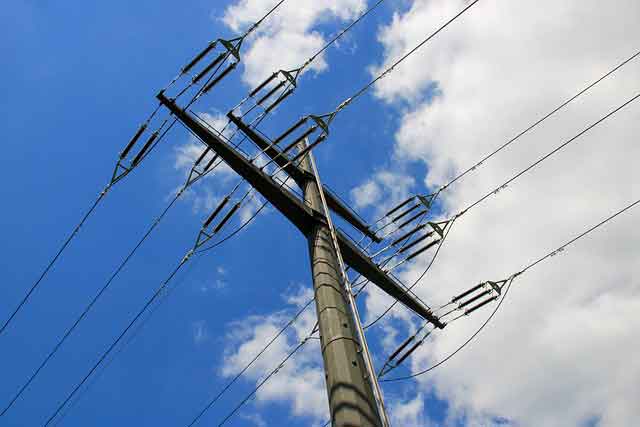
TCA Electric Leads Hydrogen Crane Project at Vancouver Port
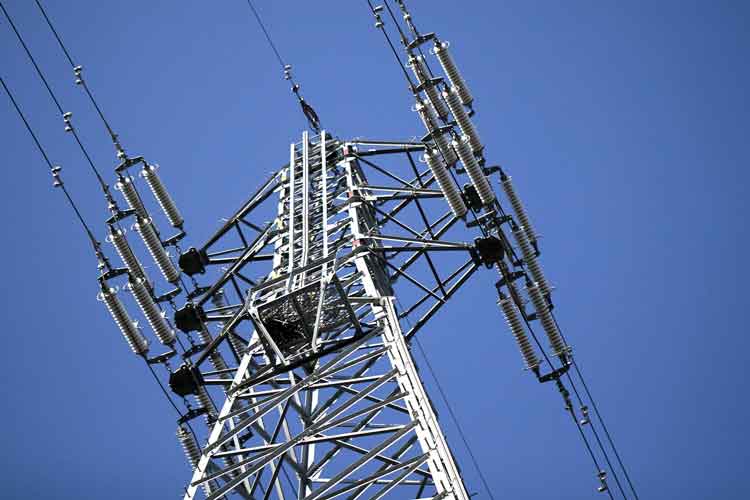
USDA Grants $4.37 Billion for Rural Energy Upgrades
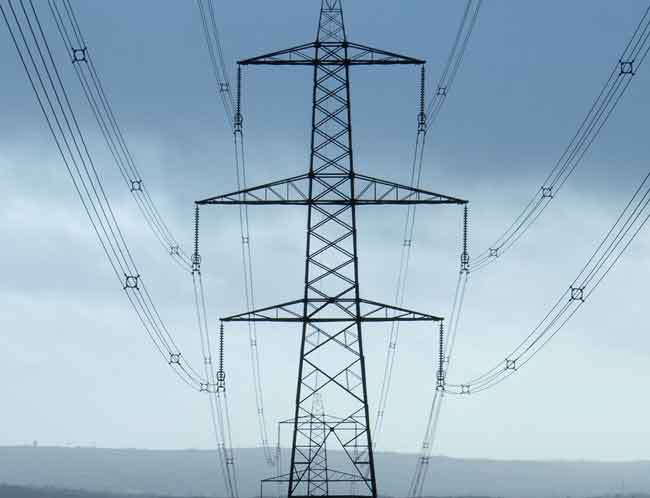
Trump's Canada Tariff May Spike NY Energy Prices
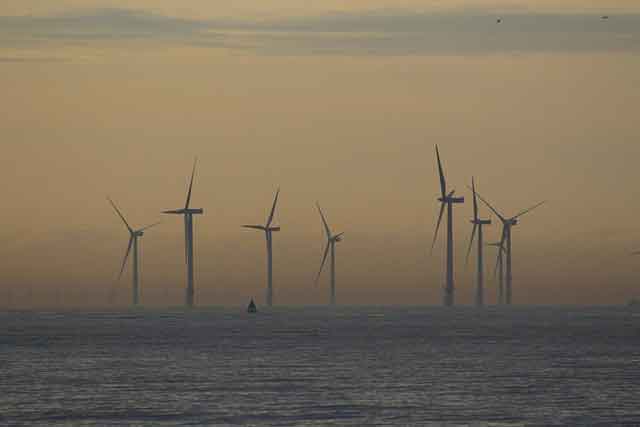
Toronto Power Outages Persist for Hundreds After Spring Storm
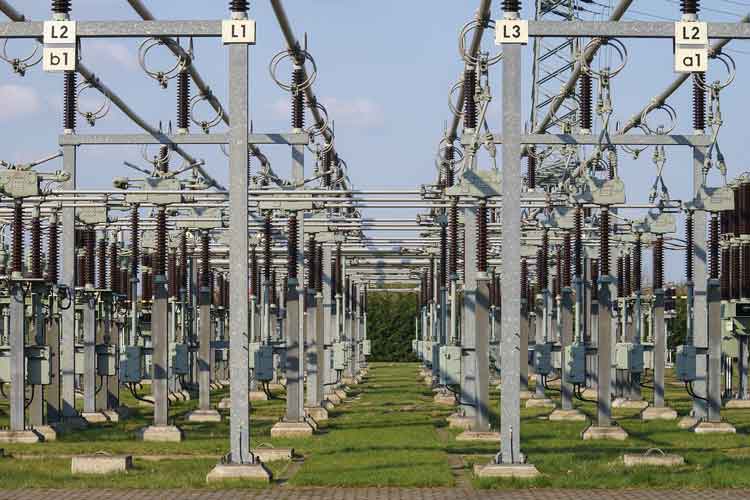
Experts Question Quebec's Push for EV Dominance
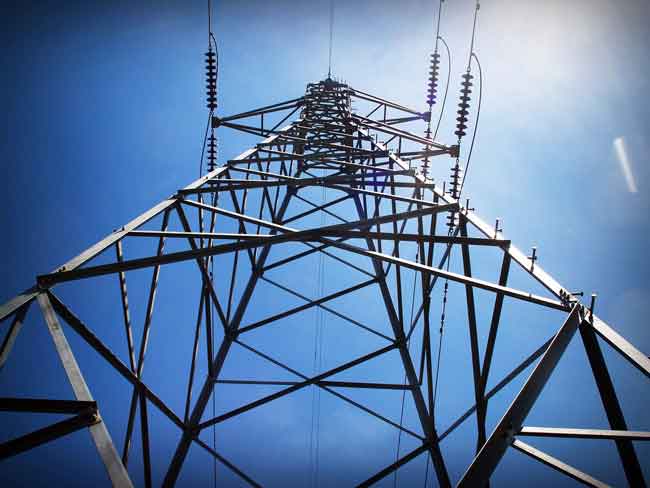
London Underground Power Outage Disrupts Rush Hour

New York Faces Soaring Energy Bills
EF Partner Media
Latest Electricity Today Magazine Articles
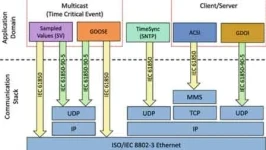
Understanding the IEC 61850 Protocol in Substation Automation
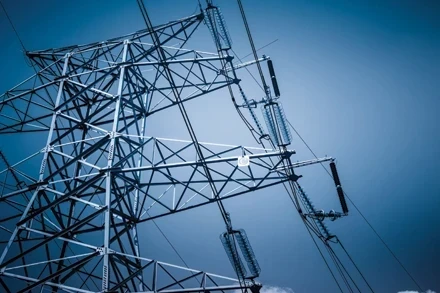
Climate Change Fuels Spread of Deadly Fungal Infections in the UK
As global temperatures rise, scientists warn that the UK faces an increasing threat from deadly fungal infections, particularly those caused by the Aspergillus species. These fungi, which can lead to severe respiratory illnesses and brain infections, are projected to expand their range into northern Europe, including the UK, due to climate change.
The Aspergillus Threat
Aspergillus fumigatus and Aspergillus flavus are the primary culprits behind invasive aspergillosis, a life-threatening disease that affects the lungs and can spread to other organs, including the brain. These fungi produce airborne spores that can be inhaled, posing significant risks to individuals with weakened immune
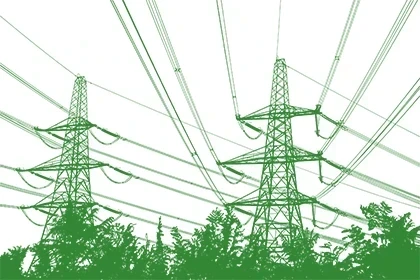
Climate Change Impacts and Adaptation Efforts in British Columbia
As of early May 2025, British Columbia is experiencing significant climate-related challenges, including rising temperatures, increased wildfire risks, and ecological disruptions. These developments underscore the urgency for comprehensive adaptation strategies to safeguard communities and ecosystems.
Escalating Wildfire Risks
The province is witnessing an early onset of wildfire season, with 107 active fires reported. Experts attribute the heightened risk to a combination of warmer temperatures and prolonged drought conditions. The BC Wildfire Service has indicated a "high potential for an active spring wildfire season," emphasizing the need for preparedness and swift response measures.
Ecological Disruptions in Urban Forests
In Vancouver's Stanley Park, climate change is manifesting through the

Canada Files 200 Fisheries Act Charges Against ArcelorMittal for Alleged Environmental Violations
In a significant enforcement action, Environment and Climate Change Canada (ECCC) has laid 200 charges against ArcelorMittal Canada, alleging violations of the Fisheries Act. The charges pertain to the unlawful deposit of harmful substances into fish-bearing waters in Quebec between 2014 and 2022. These alleged infractions occurred at the Fire Lake Mine and the Mont-Wright mining complex, the latter being the largest open-pit iron mine in Canada. The affected waterways flow into the Moisie River, a provincially administered aquatic reserve and one of North America's major salmon rivers.
Background of the Allegations
The Fisheries Act prohibits the deposit of deleterious
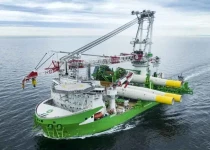
Shipping: Global Trade’s Dirty Secret
Shipping is the backbone of global trade, transporting over 80% of goods worldwide. However, this essential industry is also a significant contributor to environmental degradation, particularly in the context of climate change.
The Environmental Impact of Shipping
The shipping industry is responsible for approximately 3% of global greenhouse gas (GHG) emissions, a figure that surpasses that of many individual countries. In Canada alone, marine shipping emitted 8 million tonnes of CO₂ in 2019 . These emissions primarily stem from the use of heavy fuel oil (HFO), a byproduct of crude oil refining, which is both carbon-intensive and polluting.
Beyond CO₂,

Climate Change Priorities for Canada’s New Government
With the election of Prime Minister Mark Carney and a fresh mandate, Canada stands at a pivotal moment in its climate policy journey. The Canadian Climate Institute has outlined key priorities for the new government to address in its first 100 days, focusing on enhancing climate action, strengthening industrial carbon pricing, and advancing Indigenous-led climate initiatives.
Strengthening Industrial Carbon Pricing
Industrial carbon pricing remains Canada's most effective tool for reducing emissions while maintaining industrial competitiveness. However, current systems require modernization to achieve greater emission reductions and provide clearer investment signals. The federal government plays a crucial role in setting the
FREE EF Electrical Training Catalog
Download our FREE Electrical Training Catalog and explore a full range of expert-led electrical training courses.

- Live online and in-person courses available
- Real-time instruction with Q&A from industry experts
- Flexible scheduling for your convenience
Sign Up for Electricity Forum’s Smart Grid Newsletter
Stay informed with our FREE Smart Grid Newsletter — get the latest news, breakthrough technologies, and expert insights, delivered straight to your inbox.
Related Courses

Expert Electrical Training That Builds Skills
The Electricity Forum Training Institute provides expert-led electrical training for professionals across North America. We deliver live online and in-person courses year-round, taught by certified instructors. Our training helps ensure electrical safety, code compliance, and technical excellence for utilities, industries, contractors, and engineers in both the U.S. and Canada.







